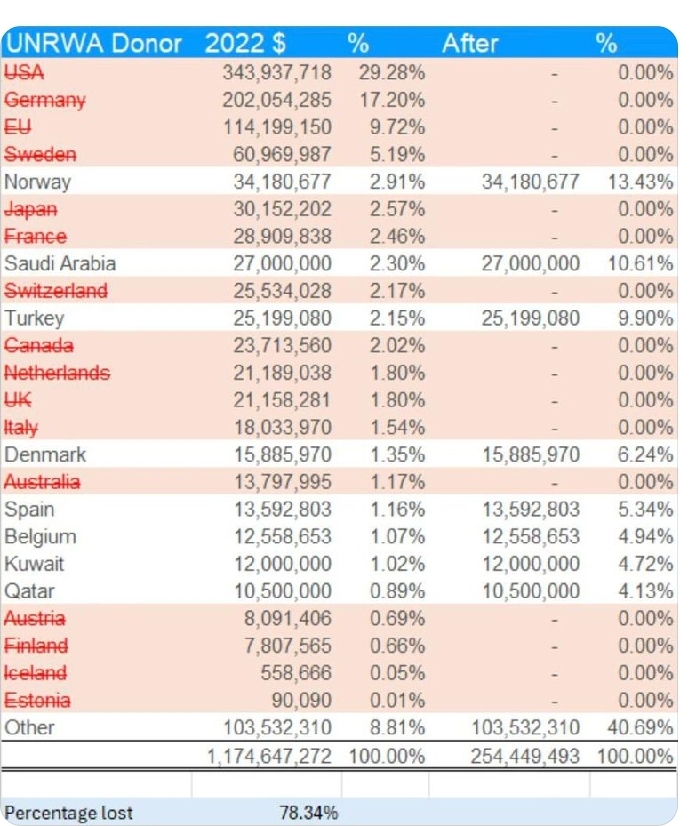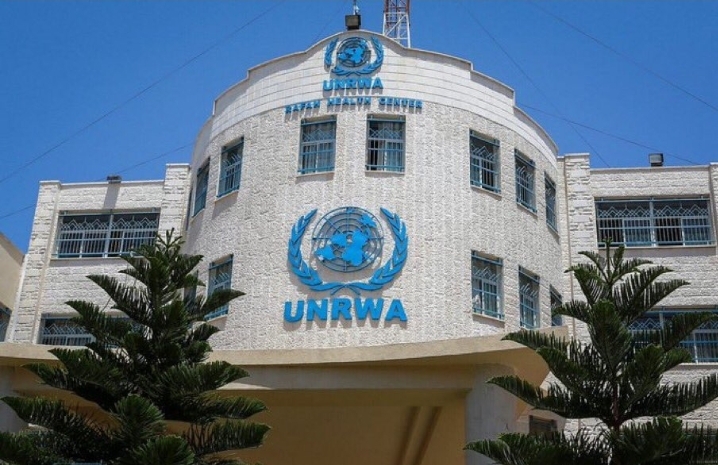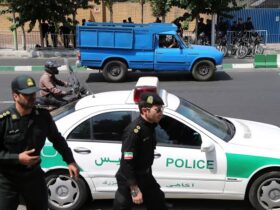
The future of the United Nations Relief and Works Agency for Palestine Refugees (UNRWA) is in jeopardy as its funding has plummeted from $1.17 billion to a mere $254 million in 2024, according to its Commissioner-General Philippe Lazzarini.
UNRWA delivers vital services such as education, health, relief, and protection to over 5.8 million Palestine refugees in the West Bank, Gaza, Jordan, Lebanon, and Syria.
However, the agency has faced severe and persistent funding gaps, forcing it to slash its staff, scale down its programs, and compromise its service quality.
The funding crisis began when the US stopped its donations to UNRWA in 2018, which accounted for about one-third of the agency’s budget. Since then, other major donors have also suspended or cut their support, for various reasons such as political pressure, donor fatigue, and allegations of staff misconduct.
The situation worsened in 2024, when several countries paused their funding to UNRWA after Israel accused 12 of its employees of being part of the October 7 attack on Israel by Hamas.
Read Also: Fulani Terrorists Kidnap Three Policemen, Abscond with Rifles in Delta Ambush
The UN chief ordered an independent review of the allegations, and UNRWA said it had terminated the contracts of the staff members involved and launched an investigation.
The funding crisis has had a devastating impact on Gaza, where UNRWA supports 1.4 million refugees, or about 70% of the population.
The agency warned of an “unfolding catastrophe” in the besieged enclave, where poverty, unemployment, and food insecurity have soared.
UNRWA also expressed concern about the worsening mental health of the refugees, especially the children, who have endured repeated cycles of violence and trauma.
UNRWA has appealed to the international community to urgently restore its funding, as well as to reaffirm its political support for the agency’s mandate and the rights of the Palestine refugees.
The agency stressed that its existence is not only a humanitarian necessity, but also a stabilizing factor in a volatile region.








Leave a Reply